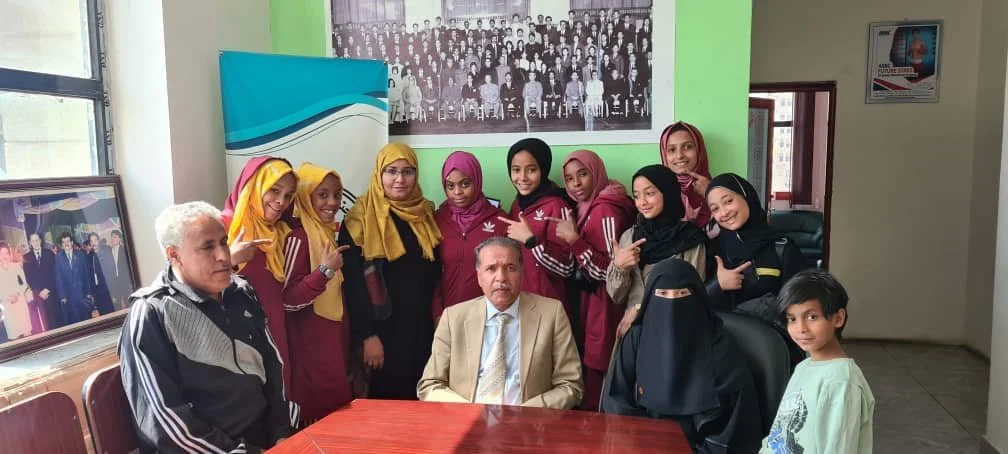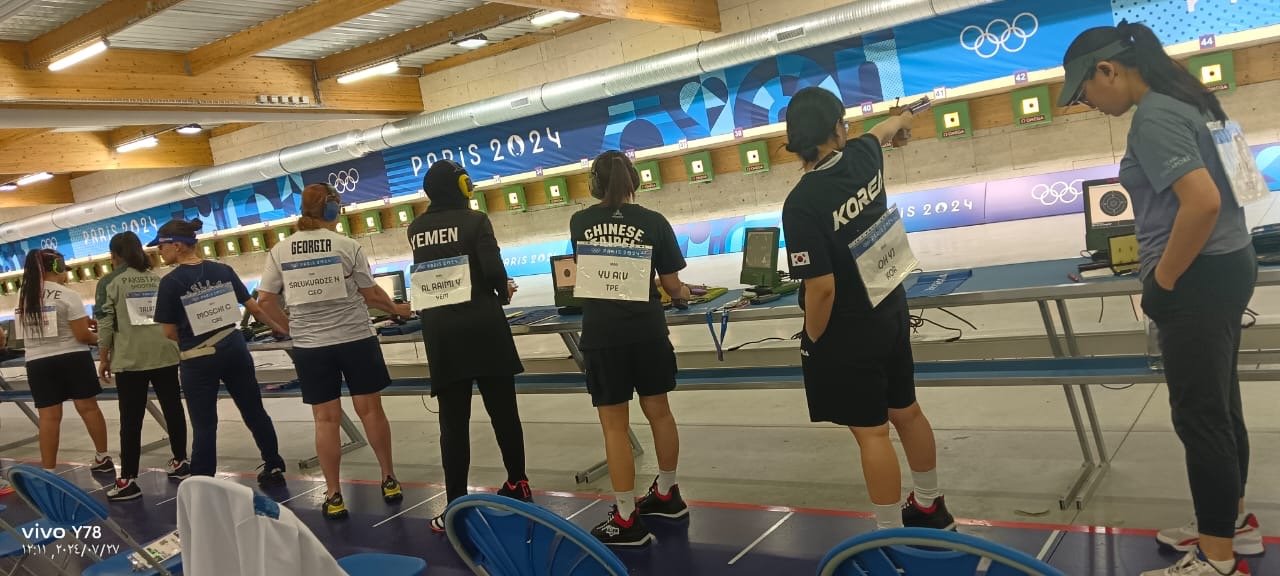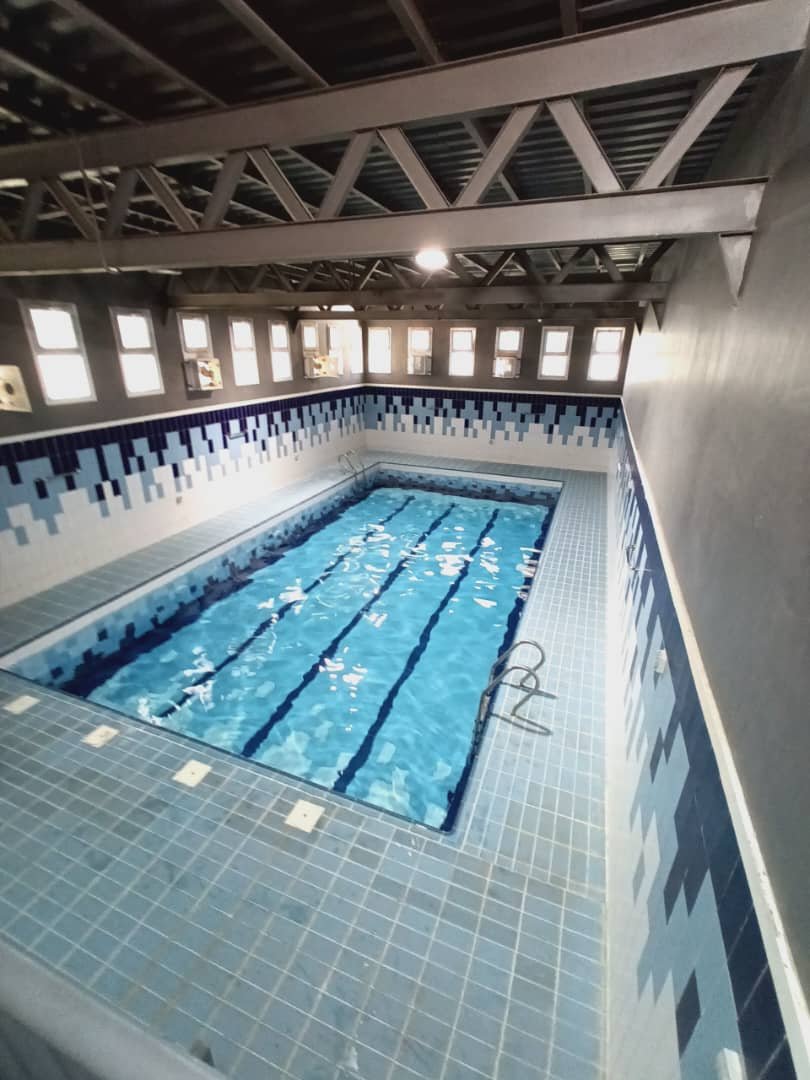PARIS – The United States sent 594 athletes to these Paris 2024 Olympics. Yemen sent four. Dozens of American athletes will win medals. No one from Yemen will win anything. No one from Yemen has won an Olympic medal. Ever.
Nike is currently running an ad, which Adweek calls an “ode to unapologetic winners.” The words: “I have no empathy. I don’t respect you. I’m never satisfied. I have an obsession with power. I’m irrational. I have zero remorse. I have no sense of compassion. I’m delusional. I’m maniacal. I think I’m better than everyone else. I want to take what’s yours and never give it back. What’s mine is mine and what’s yours is mine.”
Team USA is based at a sports center in a northern Paris suburb, Eaubonne, at a complex the local authorities spent roughly $29 million to renovate. It boasts a track, a pool and gymnastics equipment, among other facilities. Nearly 1,200 people are there every day. It’s air-conditioned. The Americans asked, specifically, for 12 to 24 tons of ice. “It’s all about high performance,” the center’s head told Le Monde.
The national Olympic committee of Yemen's annual budget is about $370,000, all of which comes from outside the country, mostly from the International Olympic Committee. That money supports 16 sports and feeds a staff of 21. Each lives on roughly $200 per month. There is no government funding. “They don’t have the budget anymore,” the secretary general of the Olympic committee, Mohammed Al-Ahjeri, 66, said here Tuesday.
At the offices of the national Olympic committee of Yemen, secretary general Mohammed Al-Ahjeri with some of his team // photo courtesy Yemen NOC
This, though, is not a story about pity for Yemen. Far from it.
This is a story about the true meaning of the Olympics.
What it means, ultimately, to “win.”
What the Olympics can mean – do mean – when what you have is not ample resource but faith in each other and in humankind.
Even when the civil war raging in Yemen for some nine years has caused so much despair – the NGO Concern Worldwide listing Yemen No. 6 on a 2024 top-10 list of the world’s “worst humanitarian crises” (Syria No. 1), with more than 80% of the country’s population needing “some form of assistance.”
“Despite the situation,” al-Ahjeri said, “it is a big honor to be here. It sends many messages. Especially one of peace.
“In sport,” he said, “you can solve many problems.”
He went on:
“Our presence to be here will give a lot of hope.
“We have a message for everyone in the world. Don’t listen to the media. You have to work. To struggle. To take part.
“The media says one thing. Work is another. When you have determination, you can do anything.”
He paused. He said:
“We have faith in the Olympic principles. We are here with our players. We believe in love and solidarity and humanity. This is our message.”
How can this message be, in 2024? Who will listen? Amid so much violence? Skepticism? In a world the International Olympic Committee, Thomas Bach, calls “fragile”?
For the Yemenis who are here, and they say, for all of us, what other solution can there be?
“We do not let the obstacles stop us to do things,” al-Ahjeri said, and to a person everyone in the delegation from Yemen said they were genuinely thrilled simply to be in Paris.
Just to be here – one woman, a shooter, and three men, a swimmer, a track and field athlete and a judoka.
Yasameen Al Raimi, 38, is now a two-time Olympian in 10-meter air pistol shooting. She finished 52nd in Tokyo. Here, 40th.
Yasameen Al Raimi, fourth from right, in action // photo courtesy Yemen NOC
She is thoroughly self-taught. The materials she needs to practice are not available in Yemen. “We sometimes try to buy in Doha,” al-Ahjeri said. “Sometimes, we buy in Kuwait.”
She has no coach. There’s no one in Yemen — an awkward reference given the conflict all around her — with the skill she needs to help her get better. “There is no one in my country who has enough experience in 10-meter air pistol shooting,” she told local organizers before the Games.
All the same, she said in an interview, “We work hard with dedication and determination to be in Paris Olympic Games to represent our country.
“During the competition, I forgot all the obstacles. I am so happy I improved my record,” from 52 to 40. “It is an honor for me and my country.”
On the track, Samer al-Yafae, 19, will run in the heats of the men’s 100. World Athletics says his best time is 11.71 seconds. For comparison, that’s roughly two full seconds behind the 9.7 or 9.8 that most likely will win the race this coming Sunday night.
Samer al-Yafae’s father, Mohammed, represented Yemen in the men’s 800 run at the Beijing 2008 Games.
Father and son, father in Beijing, son in Paris, had the honor of being Yemeni Olympic flagbearers.
Swimmer Yusuf Nasser goes later this week, on Friday morning, in the prelims of the men’s 100-meter butterfly.
To practice, Nasser does laps in a pool in Aden that measures 11 meters long by three meters wide. He gets in maybe five strokes and then has to turn around.
An Olympic pool is 50 meters long.
The 11- x 3-meter pool in Aden where Yemen’s Olympic swimmer Yusuf Nasser practices // photo courtesy Yemen NOC
Nasser in Paris, before his butterfly race // photo courtesy Yemen NOC
Nasser is just 16. His best time in the 100 fly, from a meet earlier this year in Doha, is 1:12.93. When the American Caeleb Dressel won this event in Tokyo in 2021, he set a world and Olympic record: 49.45.
Simple math makes Nasser’s best maybe 23, almost 24, seconds slower.
“I am so glad, so lucky to be able to participate with the top cream of swimmers from all over the world and represent my country, Yemen,” Nasser said. “It is an honor for me and my country.
“I will compete and do my best in the Paris Olympics. This is a golden chance to improve my level for the future and continue my hard work despite the lack of facilities.”
In judo, Hesham Makabr, 20, went out in Saturday’s first round of the men’s under-60 kilogram class, thrown for ippon by Jamaica’s Ashley McKenzie. The match lasted two minutes and 56 seconds.
Paris 2024 judo training: athlete Hesham Makabr, coach and senior advisor Shaif Shwafi, coach Zeyad Matar // photo courtesy Yemen NOC
The International Judo Federation says Makabr is No. 399 in its senior world rankings. At the 2023 Junior Asian Championships, he finished a credible ninth.
“It is an honor for me, as well as for my country, to be in the Paris Olympics,” Makabr said. “Despite all the difficulties.
“I am looking forward to progress and to getting more chances.”
Here with Makabr and the Yemen delegation: Shaif Shwafi, 64, who started judo in the country, was for years president of its federation there, and has now reached sixth dan (of 10), a recognition not just of his skill and knowledge but also of his contribution to the art of the sport and its values.
Shwafi spent two months last summer in Michigan – there is a significant Yemeni population in Dearborn and Hamtramck, and a case of Olympic and real worlds coming together, those votes may prove key in the November presidential elections – and said, “I teach judo all over the world. I love judo. I love people. I love all cultures. We need each other. That’s all.”
Sitting next to him, al-Ahjeri nodded.
“This is our culture,” he said, referring to judo and beyond. “We want to unite the whole world in peace. In sport, we can do a lot of things.
“This is our message,” he said. “We need to teach everyone to be together.”






